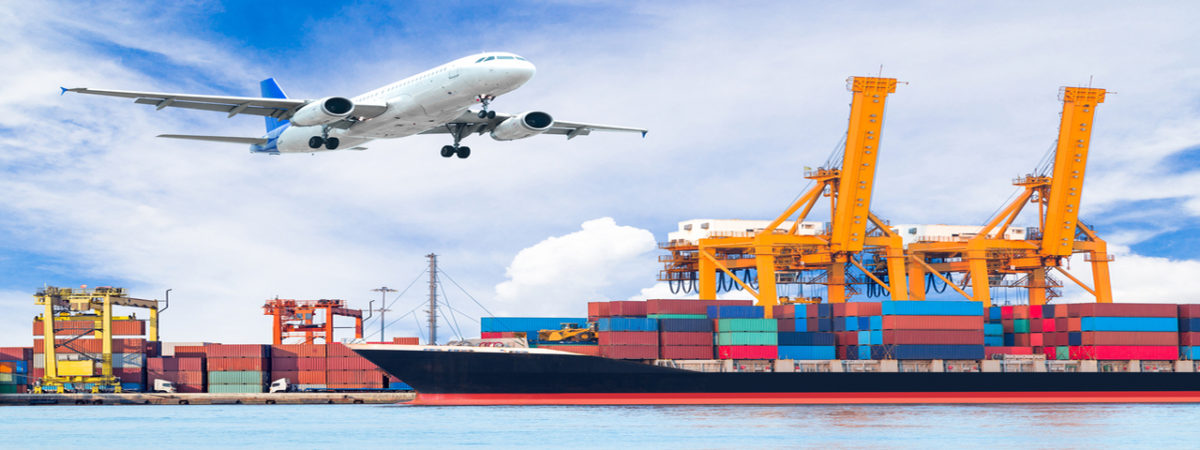Anti-capitalists don’t care about the fate of the world’s poorest countries
SUGGESTED



Of course, such topics still play a role in the argumentation of anti-capitalists, but they have become increasingly overshadowed by other issues, namely:
- complaints about rising inequality, and
- efforts to combat climate change.
Has inequality grown?
Whenever anti-capitalists complain about rising inequality, they are always referring to within-country inequality in the developed capitalist world, i.e. in the US or Europe. They cite figures on inequality in an attempt to prove that the “gap between rich and poor” in capitalist countries has widened—that the richest are getting richer and leaving the middle and lower classes ever further behind. Whether this is actually the case or not is a subject for another day. Even if wages had stagnated over an extended period in countries such as the US or Germany, it is clear that they have been rising again significantly in recent years. But that is not the point here.
It is far more important to consider the development of inequality from a global perspective, rather than concentrating solely on developments in the US and Europe. And it is undeniable that global inequality has declined. In what used to be very poor countries – especially China and India – more than a billion people have been liberated from extreme poverty.
This is a fact that even the most ardent critics of capitalism cannot deny.
In a discussion on this very issue, an Oxfam spokesperson recently highlighted the decline in global poverty as evidence that development aid has had a huge positive impact. Therefore, according to Oxfam, Western countries should increase the amount of money they allocate to development aid. However, Oxfam’s claims simply do not stack up. One continent has received far more development aid than any other: Africa. Even so, hunger and poverty across Africa have not decreased anywhere near as much as they have in Asia, which has received significantly less development aid. It is not development aid that is responsible for the global reduction in poverty, but the global spread of capitalism. It is economic growth that has contributed most to reducing poverty in China, where the percentage of people living in extreme poverty has fallen from 88% in 1981 to less than 1% today. Such staggering declines in extreme poverty have not been achieved because China has received large amounts of development aid. No, it is because in the years after the death of Mao Zedong, private property rights were introduced and the role of the (still powerful) state was curtailed. China owes its economic progress not to its state-owned enterprises, but to private, capitalist-led enterprises and the strengthening of market forces against the all-powerful influence of the state.
Anti-capitalists complain that inequality has increased since the 1980s, but all the figures they cite to prove this refer to Europe and the US. It may be that, as a result of capitalist globalization, 100 middle class Americans have dropped out of the country’s middle class while a small number of very rich entrepreneurs became even richer. But at the same time, as a result of the same development, 1,000 Chinese have risen from poverty to join their country’s middle class. Only a narrow Euro- or American-centric perspective – an attitude that left-wing anti-capitalists otherwise criticize so sharply – could ignore these worldwide advances.
Climate change
In addition to their focus on inequality and the “gap between rich and poor,” anti-capitalists have also embraced climate change as one of their main critiques of capitalism. For them, capitalism is the cause of environmental destruction and climate change. They say “we” need to exercise more restraint in our consumption and that “we” should ideally refrain completely from flying and driving and generally produce and consume less. Economic growth is regarded as the root of all evil and their central demand is that the economy should no longer grow in view of finite resources and “planetary boundaries”.
Here, too, their Euro- and American-centrism once again comes to the fore. People in China, India or Africa have very little time for western anti-capitalists’ demands to “end growth.” For people in developing countries, growth is the only way they can escape poverty. Germany, for example, is shutting down its nuclear power stations and coal-fired power plants and would like to abolish the combustion engine in the near future. But is this also a realistic prospect for Africa or China? It is absurd to think that these countries would follow Germany’s example.
The alternatives offered by left-wing critics of capitalism always have one common denominator: more state and less market. They ignore the fact that throughout the twentieth century, every system that was based on state planning not only failed economically, but led to environmental destruction far beyond the scale of any seen in capitalist countries.
Left-wing anti-capitalists in particular used to argue from a global perspective and regarded themselves as advocates for poor “Third World” countries. Today, by arguing from the perspective of rich “First World” countries, it is as if they have become completely indifferent to the fate of people in the developing world.
—
About the author:
Dr Rainer Zitelmann is a Berlin-based historian and sociologist. He is also a world-renowned author, successful businessman and real estate investor. His book The Power of Capitalism (http://the-power-of-capitalism.com/), was released in 2019



